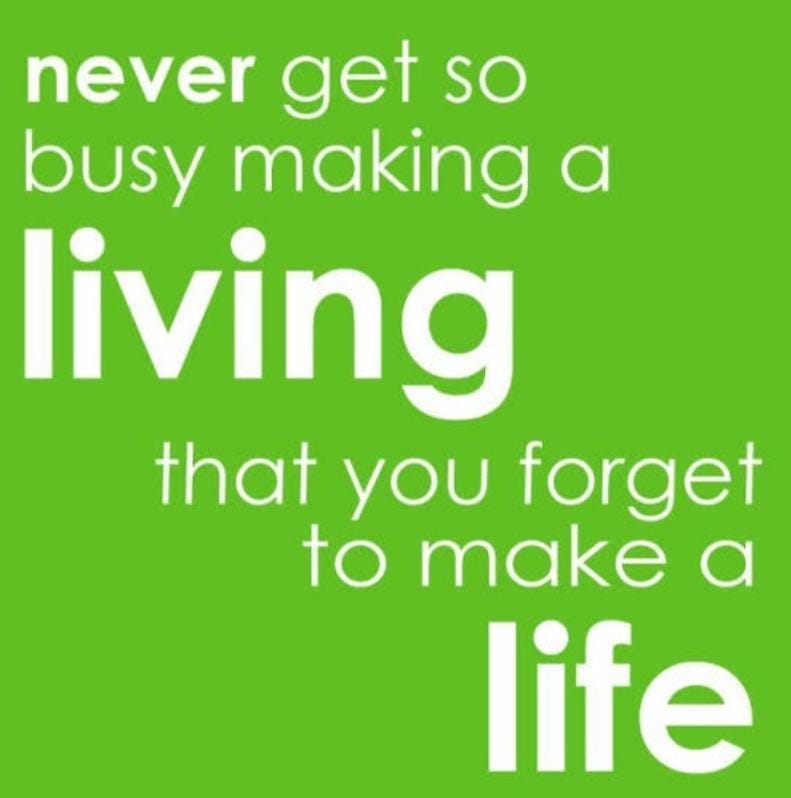25th January 2025
Telos is a Greek word meaning purpose, end, or goal.
From this root, philosophers have conceptualized that there are two types of activities in life:
Telic: Activities with a purpose, end, or goal.
Atelic: Activities with no purpose, end, or goal.
Telic activities have a desired end in mind. Atelic activities do not—they are done in the abstract, for their own sake, and with no fixed time or purpose.
Telic activity is like reaching a destination, where the goal is the focus, while an atelic activity is like enjoying the journey itself, where the process is the pleasure.
Telic activities have a clear endpoint, aimed at achieving a specific goal, and are considered “complete” once the goal is reached (e.g., finishing a marathon, writing a blog).
Atelic activities lack a defined end point, are done for their own sake, and focus on the ongoing experience rather than the outcome (e.g., taking a walk in nature, listening to music, spending time with loved ones).
The joy of atelic activities lies in the present moment, not the future achievement.
When consumed by telic activities, you might miss the beauty of simply being.
A well-lived life requires a balance between pursuing ambitious goals (telic) and appreciating the simple pleasures of everyday life (atelic).
Traditional thinking would suggest that atelic activities are not productive or valuable, whereas telic activities are.
This traditional thinking leads to a several flawed behavioral patterns wherein we feel a deep guilt for engaging in periods of rest, solitude, or free time.
That creeping dread as we linger a bit too long in bed with our spouse and children, the sense that we need to start moving when we stop & stare at some birds for too long, or the stress that arises from an afternoon snooze that lasted a bit too long.
We prioritize the urgent (and consistently believe everything is far more urgent than reality).
The hold that the illusion of urgency has over us is insane.
We desire to be busy, because it makes us feel good about ourselves. Busyness has become the modern day flex—but it’s a trap.
We embrace busyness because it feels like progress, when more often than not it is movement for movement’s sake.

